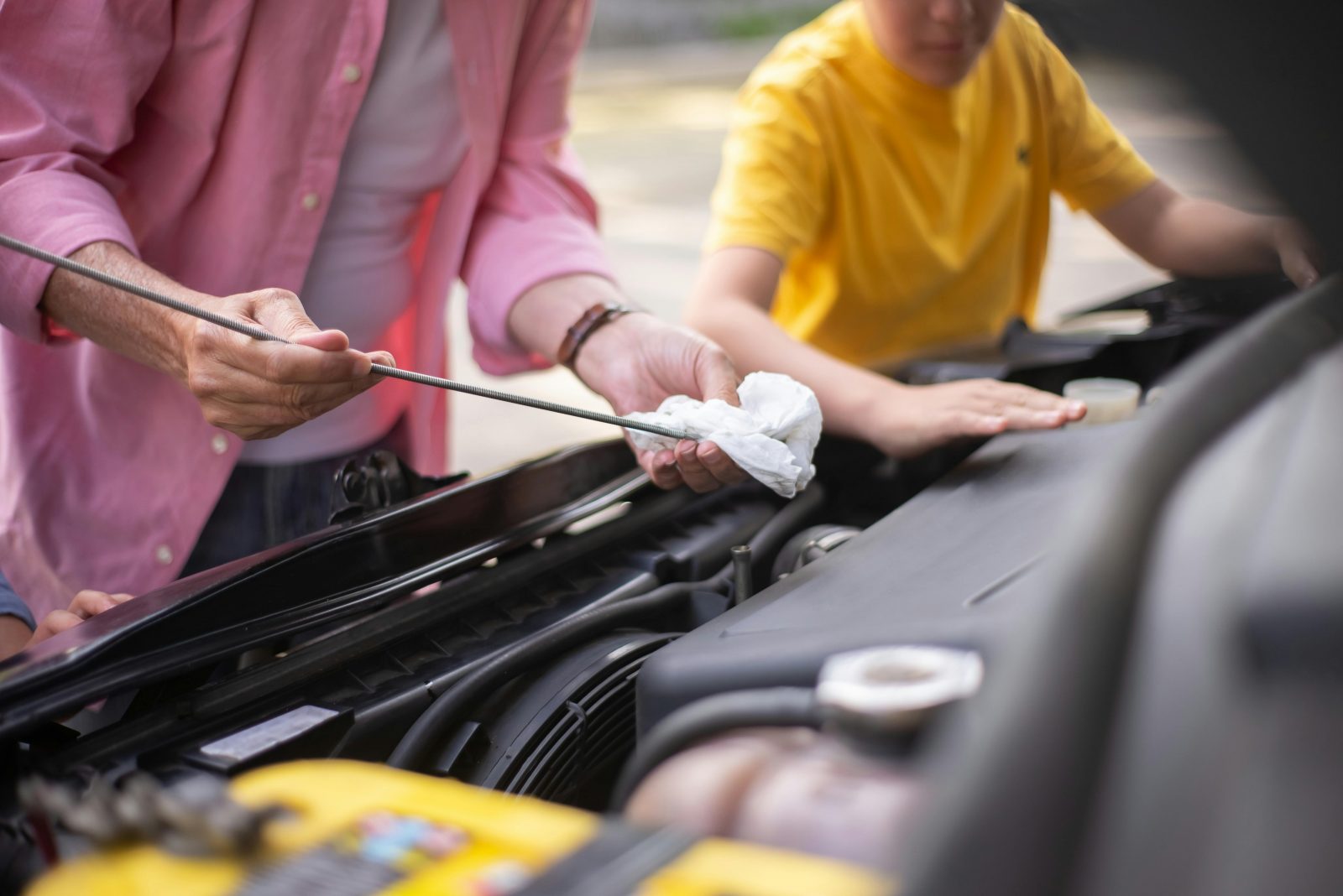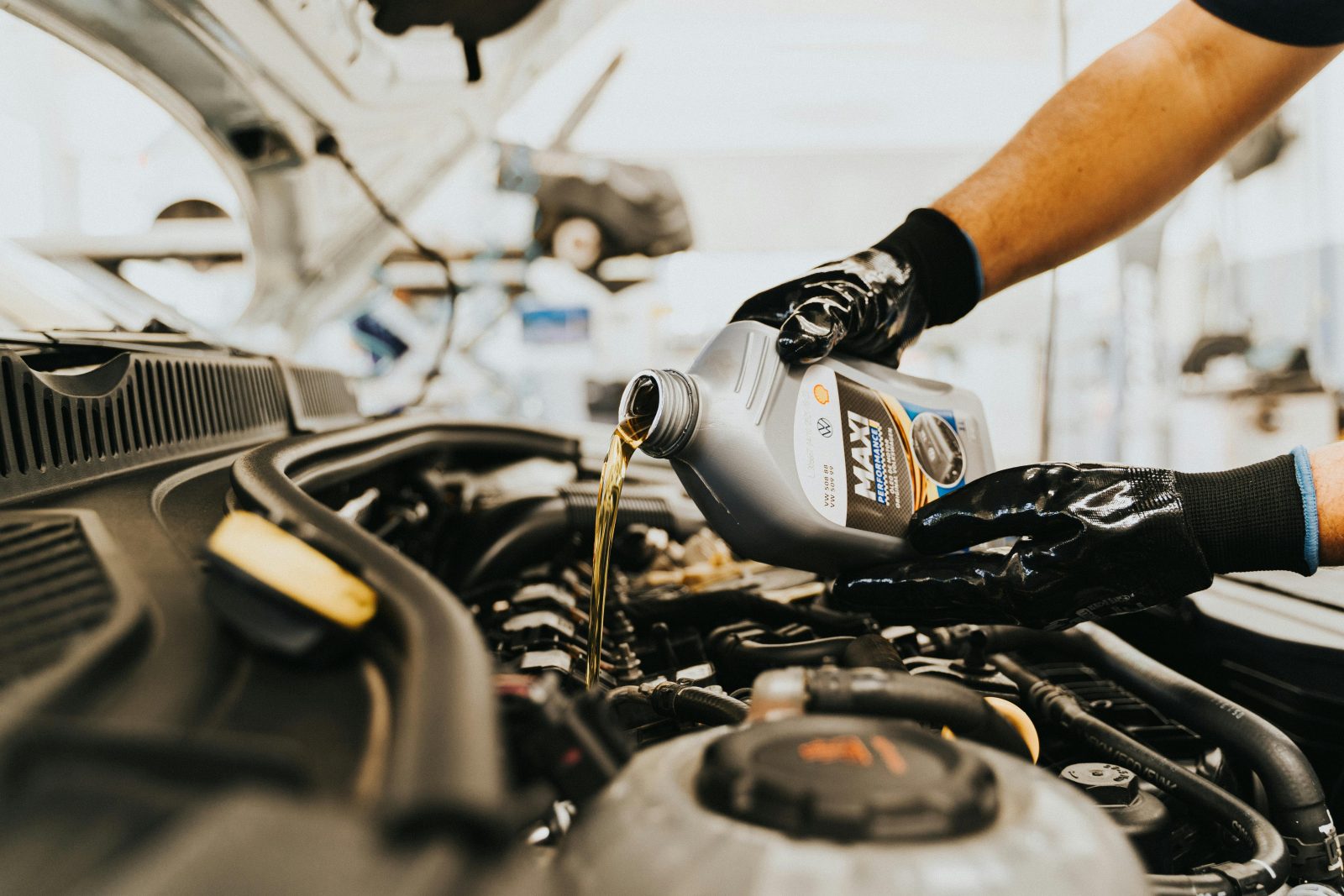Even though it is best practice to carry out vehicle checks before situations may occur, even in the height of summer it is essential to make sure your car stays in prime condition to face the increased temperatures and climatic changes.
While many drivers prefer to take their vehicle straight to a garage for a thorough check, and that is absolutely what you should do if you have any doubts, there are several fundamental maintenance tasks you can safely perform yourself.


Contents
Engine Oil: The Lifeblood of Your Engine
Engine oil is absolutely vital for the smooth and efficient operation of your car’s engine. It lubricates moving parts, reduces friction, helps to dissipate heat, and cleans the engine. Checking its level is straightforward:
Preparation is Key: Ensure your car is completely off and parked on a flat, level surface. The engine should be cold or have been at rest for at least ten minutes to allow the oil to drain back into the sump, giving you an accurate reading.
Locate the Dipstick: Open the bonnet and find the engine oil dipstick. It typically has a brightly coloured handle, often yellow or orange, making it easy to spot.
Check the Level: Pull the dipstick out, wipe it clean with a lint-free cloth or paper towel, and then reinsert it fully until it clicks into place.
Read the Level: Pull the dipstick out again. You’ll see two marks on the dipstick, usually labelled “min” and “max” (or sometimes a series of dots or cross-hatching). The oil level should be between these two marks.
Topping Up: If the oil level is below the minimum mark, you’ll need to top it up. Always use the specific type and grade of oil recommended by your vehicle manufacturer – this information can be found in your car’s handbook. Add oil carefully and slowly, checking the dipstick frequently, to ensure you don’t overfill, as too much oil can be as detrimental as too little. In hot climates like Spain, high temperatures can cause oil to thin out, reducing its effectiveness, so using a high-quality oil with the correct viscosity is particularly important.
Coolant: Preventing Overheating in the Heat
The coolant (often referred to as antifreeze) is crucial for maintaining a stable engine temperature and, vitally in the summer, preventing overheating. An overheated engine can lead to severe and expensive damage.
Engine Must Be Cold: Just like with engine oil, it is absolutely essential that the engine is completely cold before checking the coolant level. The cooling system operates under pressure when hot, and opening the cap on a hot engine can cause scalding hot fluid and steam to spray out, leading to serious burns.
Locate the Reservoir: Look for the translucent plastic reservoir, usually near the radiator. It will typically have “min” and “max” level marks etched into its side.
Check and Top Up: If the coolant level is below the minimum mark, carefully refill it with the appropriate type of coolant. Again, always refer to your vehicle’s owner’s manual for the correct specification. Never use just plain water, as coolant contains additives that prevent corrosion and raise the boiling point, which is crucial in hot weather. Coolant does degrade over time, so if it’s discoloured or very old, consider a flush and refill.
Windscreen Washer Fluid: Clear Vision for Safe Driving
Maintaining a clear view of the road is paramount for safety, and clean windows are essential, especially with summer dust, insects, and pollen. Checking the windscreen washer fluid is arguably the simplest fluid check:
Locate the Reservoir: Find the reservoir, which is usually translucent and marked with a symbol of a windscreen with water jets or drops.
Check and Refill: You’ll easily see if the level is low or empty. Simply open the cap and add specific windscreen washer fluid. These can be found at any service station or auto parts shop.
Avoid Plain Water: While tempting, don’t use just plain tap water. Dedicated windscreen washer fluids contain cleaning agents that effectively break down grease, road grime, and stubborn insect residues – common nuisances in summer. Plain water can also leave mineral deposits that may clog the system over time, and it lacks the necessary detergents for a truly clean windscreen. Some summer-specific washer fluids even include bug-removing formulas.
Discover more from N332.es - Driving In Spain
Subscribe to get the latest posts sent to your email.

You must be logged in to post a comment.